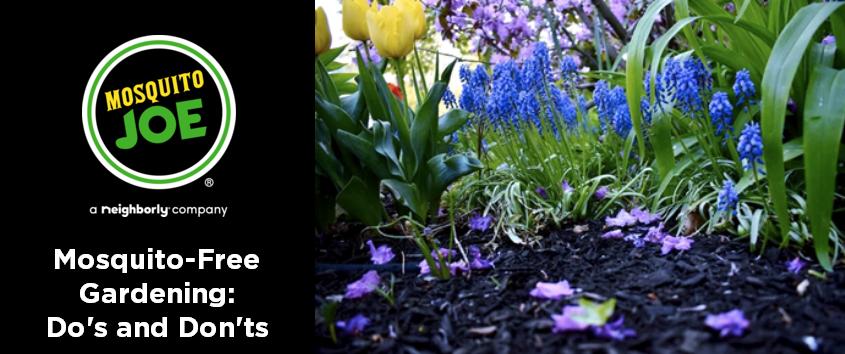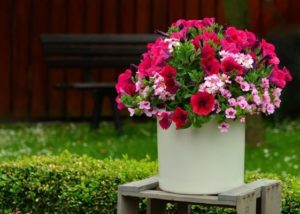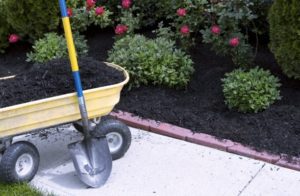Mosquito-Free Gardening: Do’s & Don’ts

September marks the official start of Fall, which means that the Texas weather will be shifting from hot and humid to…. well, warm and humid! Despite the heat, September is a favored growing season and makes a great time for avid gardeners to get outside and do what they love. However, if mosquitoes use your garden as their happy home, being outside can be rather miserable. To help you out here are some gardening ‘dos and don’ts’ that can help prevent or eliminate your mosquito issues.


On the subject of mulch, the lining used for mulch beds can make a big difference in your mosquito population. Be sure to lay the landscape cloth completely flat so it does not hold pockets of water beneath it. We also recommend using a landscaping cloth material over a tarp, as these won’t allow any water to pass through and will just collect it after weather, creating a never-ending issue in your yard. We’ve seen some real head-scratchers over the years so be sure you know what is being laid under your beds if you opt to have that work done for you.


Speaking of plants, please don’t be fooled by the gimmicky advertising on some that declare they are a “mosquito repellant.” You will be disappointed if you plant some of these in the hopes of warding off issues. To learn more about “mosquito repellant” plants and the truth behind them, check out our past blog post – ‘Do Mosquito Repellant Plants Really Work?’
When working in the garden, keep an eye out for other objects that may hold water you don’t often think about- fountains, bird baths, wheelbarrows, tarps, gutters, drains, or gardening equipment can be the secret to your mosquito problems. Remember that 1 teaspoon of water will result in 300 mosquitoes every couple of days. The innocent water at the bottom of a watering can become a huge issue for you when you are outside. Keep an eye on your drainage system to make sure it is draining well and not holding water. It only takes a few leaves or some displaced mulch to cause a problem.
If you want to enjoy your gardening work without being bitten, consider giving Mosquito Joe a call at 281-815-0228. We treat flower beds with an all-natural product, garlic extract, and will never treat your veggie garden unless the situation warrants it (and we speak with you first). We tailor our services this way to minimize our impact on pollinators and beneficial




